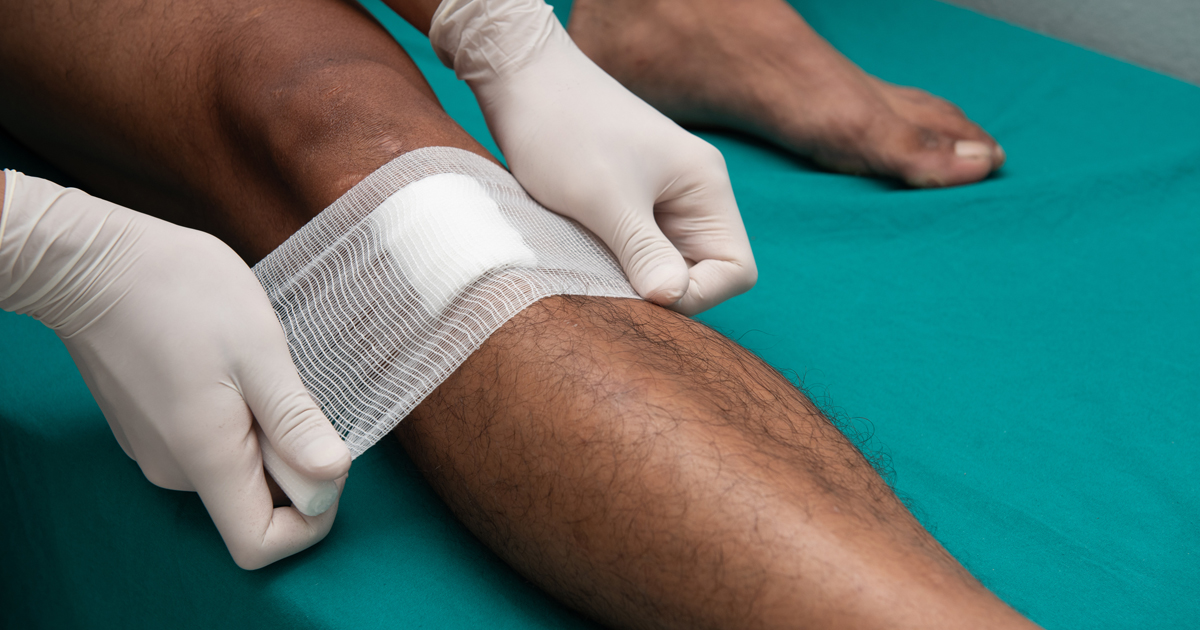Serious Side Effects Of Blood Thinners
Dizziness
Increased bleeding is the most common side effect of blood thinners, and due to this, another possible side effect is dizziness due to an individual's blood cell count dropping below a healthy average. Individuals experiencing dizziness due to their blood thinners may also be at risk of anemia, which can come with other symptoms such as fatigue and shortness of breath. Those who experience dizziness when taking blood thinners should speak to their doctor, who will likely do a blood test to check for potential deficiencies resulting from increased bleeding. Doctors may adjust a patient's blood-thinning medication to help deal with this issue, or add other supplements to help counteract its effects. This includes iron, which is lost when individuals bleed, and when levels are low, can cause dizziness.
Uncover more details on the potential side effects of blood thinners now.
Prolonged Wound Bleeding

Prolonged wound bleeding is a common side effect of blood thinners, and depending on the severity of the wound, this can lead to complications from blood loss. While prolonged bleeding isn't necessarily an emergency, it can become an emergency if the wound bleeds for long enough. While individuals taking blood thinners may find superficial wounds like scratches and pinpricks bleed more than they usually do, these conditions can be treated. If patients experience a wound deep enough or large enough to require stitches, they should make sure the doctors treating them are aware they're on blood thinners. In rare cases, blood thinners might cause internal bleeding, so patients taking blood thinners should inform their doctor about any odd bruises, strange internal symptoms, and falls or seemingly-unrelated injuries they have sustained.
Get more information on the side effects of taking blood thinners now.
